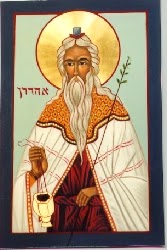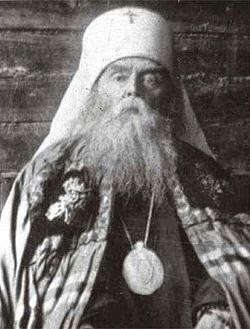"We worthily exalt the all-praiseworthy Peter and Paul, the defender of the rock of the Church, and the net of the world."--Sessional Hymn I, Matins of the Feast of Sts. Peter and Paul
Glory to Jesus Christ! The fast has ended, and the feast begun: we now celebrate the all-glorious Prime Apostles, Peter and Paul. We can see this feast as the final feast in continuation of Pentecost, which in turn continues Pascha, and thus the Great Fast, and thus Theophany, and thus even Nativity. For we can see a progression in time in many of our great feasts, beginning with the Nativity. We celebrate Christ's birth, and then His Baptism and the manifestation of the Trinity to the world, the great Theophany. Not long thereafter, we walk the way of the Cross during the Fast, remembering in part Christ's temptation in the desert falling His Baptism, and in part those days when He approached His death. At the end of the Fast, we remember His glorious entrance into Jerusalem and the following events: the betrayal, the Mystical Supper, and then "the Cross, the nails, the spear, and death." Yet death is not the end, of course: for then comes the greatest feast, the Feast of Feasts, all-glorious Pascha. For forty days we celebrate Pascha, and then we wait in eager anticipation of Pentecost. At Pentecost, the Spirit descended on the Theotokos and the Apostles and impelled them to preach the Gospel to all. Yet we do not cease our remembrances there: for a few weeks after Pentecost, after fasting, we celebrate this feast, the feast of the Prime Apostles, who were inspired by the Spirit given at Pentecost. Finally, we have in a month and a half the Dormition of the Theotokos, the Mother of God. As the Church Year comes to a close, we remember her dormition; yet shortly after it opens (September 1), we remember her nativity (September 8), and from there the cycle begins again, with Philip's Fast and the celebration of the Lord's Nativity.










